On the afternoon of March 3, in Hanoi , 3 out of 19 typical nominees for the online voting round of the Outstanding Young Vietnamese Faces Award 2024, including: Dr. Nguyen Viet Huong, Dr. Pham Huy Hieu and Than The Cong participated in an online exchange with readers of VietNamNet Newspaper .
Than The Cong (born 2006) - former student of Bac Giang High School for the Gifted, excellently won the gold medal at the 2024 Asian and International Physics Olympiad, and was awarded the Second Class Labor Medal.
Dr. Nguyen Viet Huong (born in 1990) - Deputy Head of the Faculty of Materials Science and Engineering, Phenikaa University. He owns 1 international patent; has 39 scientific articles published in international scientific journals, of which 32 are in the Q1 category.
Dr. Pham Huy Hieu (born in 1992) - lecturer at the Institute of Computer Science and Engineering, and a research expert at the VinUni-Illinois Smart Health Center, VinUni University. He holds the role of Scientific Director of the VinUni Entrepreneurship Center (E-lab) and a member of the university's Research Committee.
Deputy Editor-in-Chief of VietNamNet Newspaper Le The Vinh presented flowers to congratulate the 3 nominees of the Outstanding Young Vietnamese Faces Award 2024 participating in an online exchange with readers. Photo: Xuan Tung |
Dr. Pham Huy Hieu, Than The Cong and Dr. Nguyen Viet Huong (from left to right). |
From her question of why to the "ticket" to the national team
At the exchange program, young physicist Than The Cong said that his love for Physics was inspired and nurtured by the "why" questions and explanations of natural phenomena from his grandmother - who was a Physics teacher and a teacher at a middle school and high school.
The teacher who had the greatest influence on Cong was Mr. Nguyen Van Doa - a teacher at Bac Giang High School for the Gifted. Mr. Doa not only imparted his passion and shared practical applications in the subject, but was also always ready to solve difficult problems for his students, day and night.
“There were times when the teacher and I got tense when we argued about problems encountered during the exam preparation process. Most of those times, the teacher already knew what was right, but he was still willing to listen to me express my opinion, so that I could realize it myself and find the right solution. After each time like that, I would remember it longer,” Cong shared.
Cong shared that he used to neglect his studies, skip playing video games and was reminded by his mother and had his computer confiscated.
He promised himself to study seriously, especially when he became a student in the Physics class of Bac Giang High School for the Gifted with the goal of becoming a national excellent student.
Cong also said that in 8th grade he went to extra classes quite a lot, mainly Physics, 3-4 sessions/week.
In high school, he spent a lot of time on self-study, self-research and searching for documents on the internet and books. Teachers were the ones who gave him ideas and initial knowledge.
“I think self-study is very important, because there is a lot of material around, which helps me to select knowledge,” Cong said.
Than The Cong shared at the program. Photo: Xuan Tung |
According to Cong, to study Physics well, first of all, you must have a firm grasp of the basic knowledge of the subject, especially the formulas for solving exercises. In addition, Physics is closely related to experiments, so you must clearly understand the phenomena in life. For those taking the national Physics exam, you can practice many exam questions online to expand your knowledge as well as your experience in taking the exam.
Cong said his near future plan is to study Physics in the US or Singapore. He has temporarily put his program at Hanoi University of Science and Technology on hold. He has applied to universities abroad using scholarships and is awaiting results.
Unsolved problems
In an exchange with readers, Dr. Nguyen Viet Huong said that in the early days of studying abroad in France, he tried to overcome the language barrier by studying on his own and staying in the same dormitory with a French friend (now a young mathematician). After about 2 years of training in a completely French-speaking environment, he gradually overcame his weaknesses in foreign languages and finished the engineering and master's program in the best position of the class.
To achieve impressive results in studying and researching, during his university years, Mr. Huong maintained the habit of reading documents and textbooks from teachers before going to class. "Paying attention to the knowledge in class and learning from other learning sources helps me grasp and master knowledge better. I always have a thought that, with my starting point, I always need to make many times more effort than my international friends to achieve good results," Mr. Huong confided.
After his time in France, Mr. Huong decided to return home, despite receiving long-term job offers from several research institutions. "What motivated me to return to Vietnam came from the thought of having a bigger ambition, making a bigger contribution to my homeland and community," he said.
Mr. Huong’s research is developing in the direction of in-depth study of nanostructures and physical properties of advanced materials. In terms of applications, it could be about developing atomic monolayer deposition technology to manufacture nanomaterials for application in many fields, including: clean energy conversion and storage, smart electronic devices, clean water and environmental treatment, etc.
Dr. Nguyen Viet Huong shared at the program. Photo: Xuan Tung |
To make it easier to visualize, Mr. Huong explained that his research direction includes improving the efficiency of solar batteries, or the antibacterial properties of water filter membranes in household water filters...
For Mr. Huong, the quantity of articles is not as important as the quality of publications, so he always tries to focus on unsolved problems.
One of the effective methods is to actively exchange and discuss with other experts; from that scientific exchange process, many good and effective ideas will arise to solve problems - which are often interdisciplinary. Cooperation in scientific research is very important.
Putting research results into practice
Sharing at the exchange, Dr. Pham Huy Hieu said that after completing his PhD program in Computer Science, he decided to return to Vietnam to contribute. He wishes to directly participate in scientific research and training activities in Vietnam to establish, orient and operate new research groups in the fields of data science and smart healthcare. "The desire to create smart medical technologies at low cost and accessible to everyone has shaped my research," he said.
According to Mr. Hieu, one of the biggest difficulties when he started to conduct research on artificial intelligence in medicine was the lack of basic knowledge about medical data and the progression of diseases. Besides, his projects are interdisciplinary research projects that require the participation and professional contributions of many scientists in many fields. "Fortunately, I have the opportunity to work with a large network of doctors and medical experts. I have learned a lot from them," he said.
Dr. Pham Huy Hieu shared at the program. Photo: Xuan Tung |
Dr. Hieu expressed: “In the future, there are two important things I want to do. First, build a strong research team with internationally competitive expertise right in Vietnam. Second, conduct increasingly in-depth research and apply research results to create new changes and values.”
The biggest challenge for scientists is to nurture passion, curiosity and perseverance. The research journey will have many difficulties, challenges and take a lot of time. Therefore, if you have a love for science, choosing to pursue science is also a very worthy choice to consider. An excellent scientist with valuable technology can completely become rich with his own intelligence", Dr. Pham Huy Hieu.



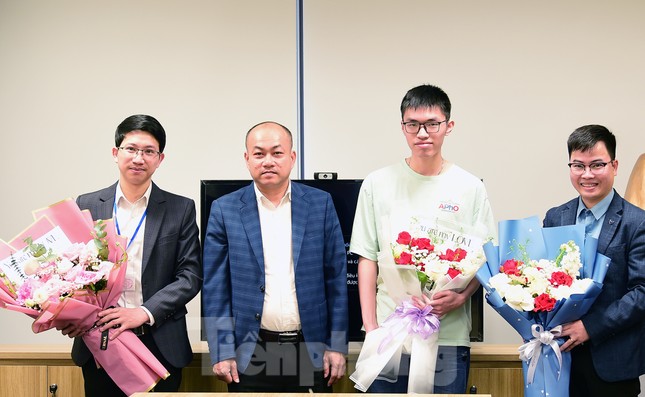
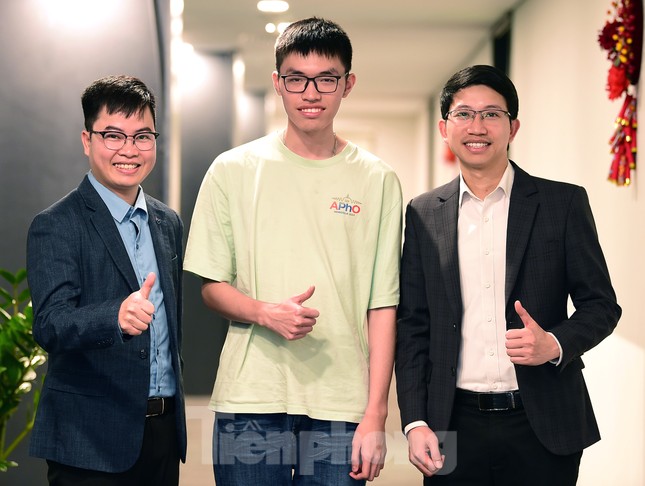
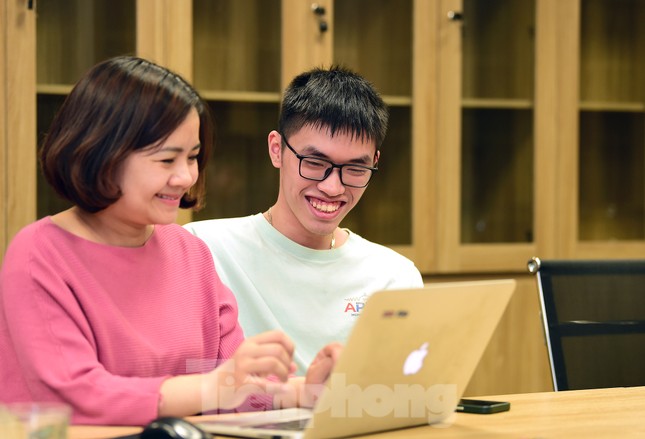
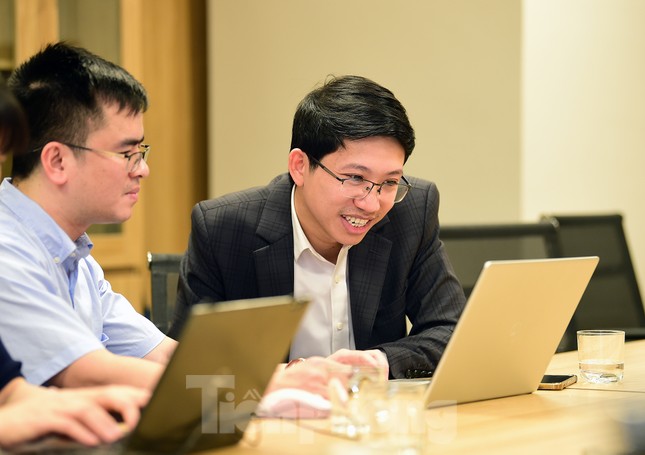
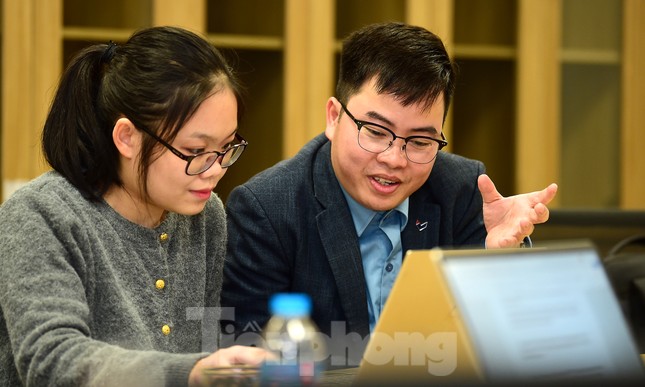
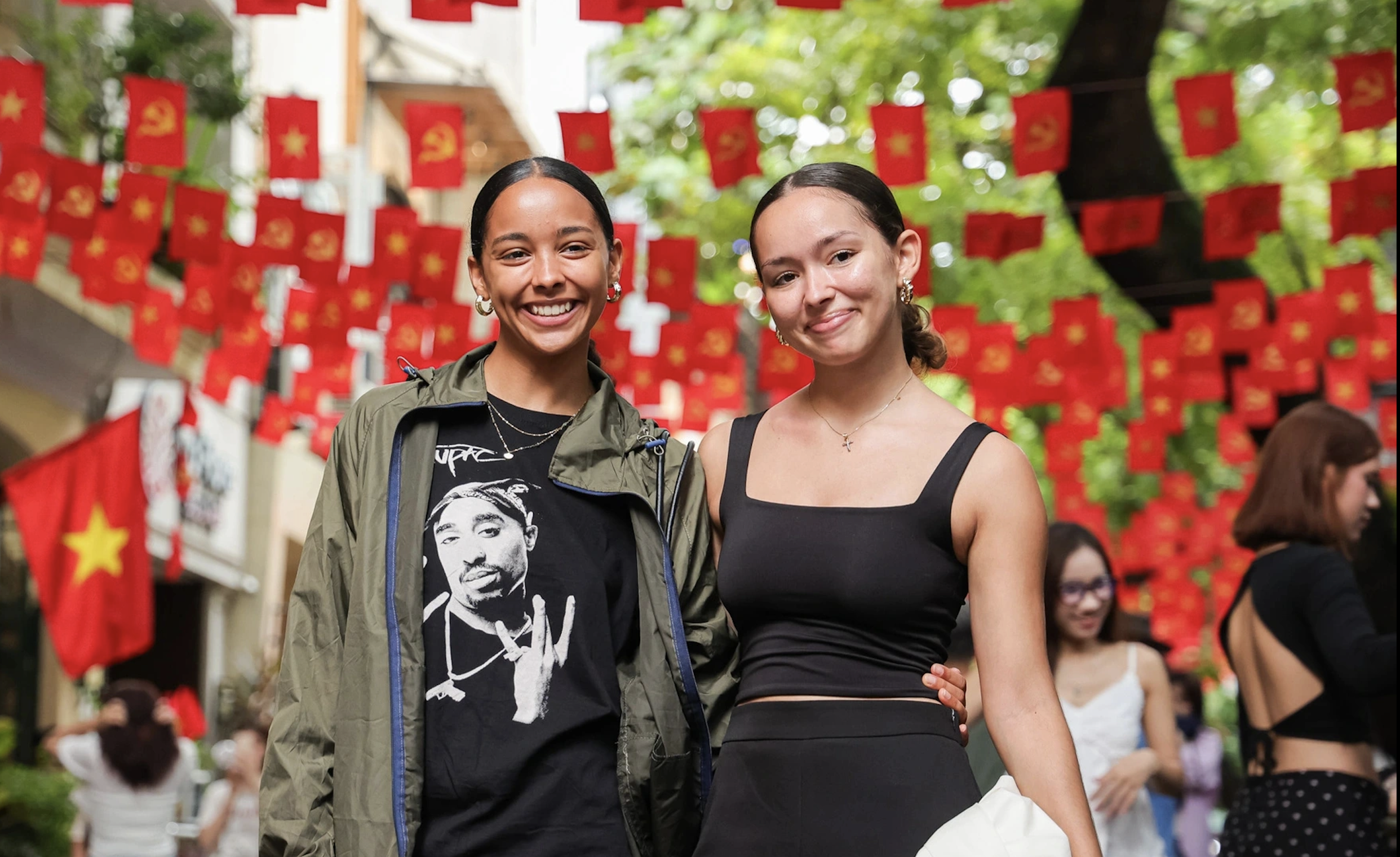
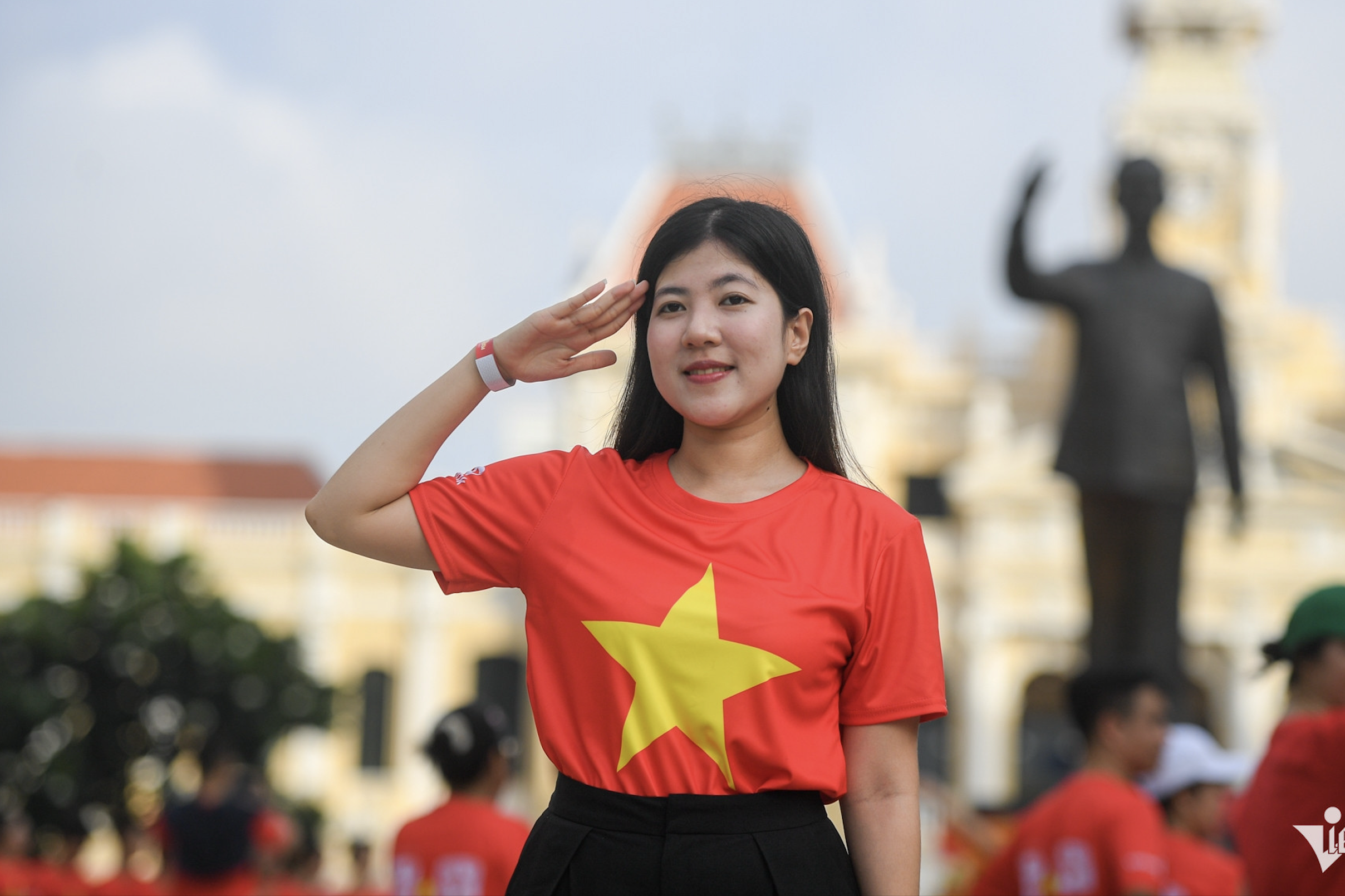

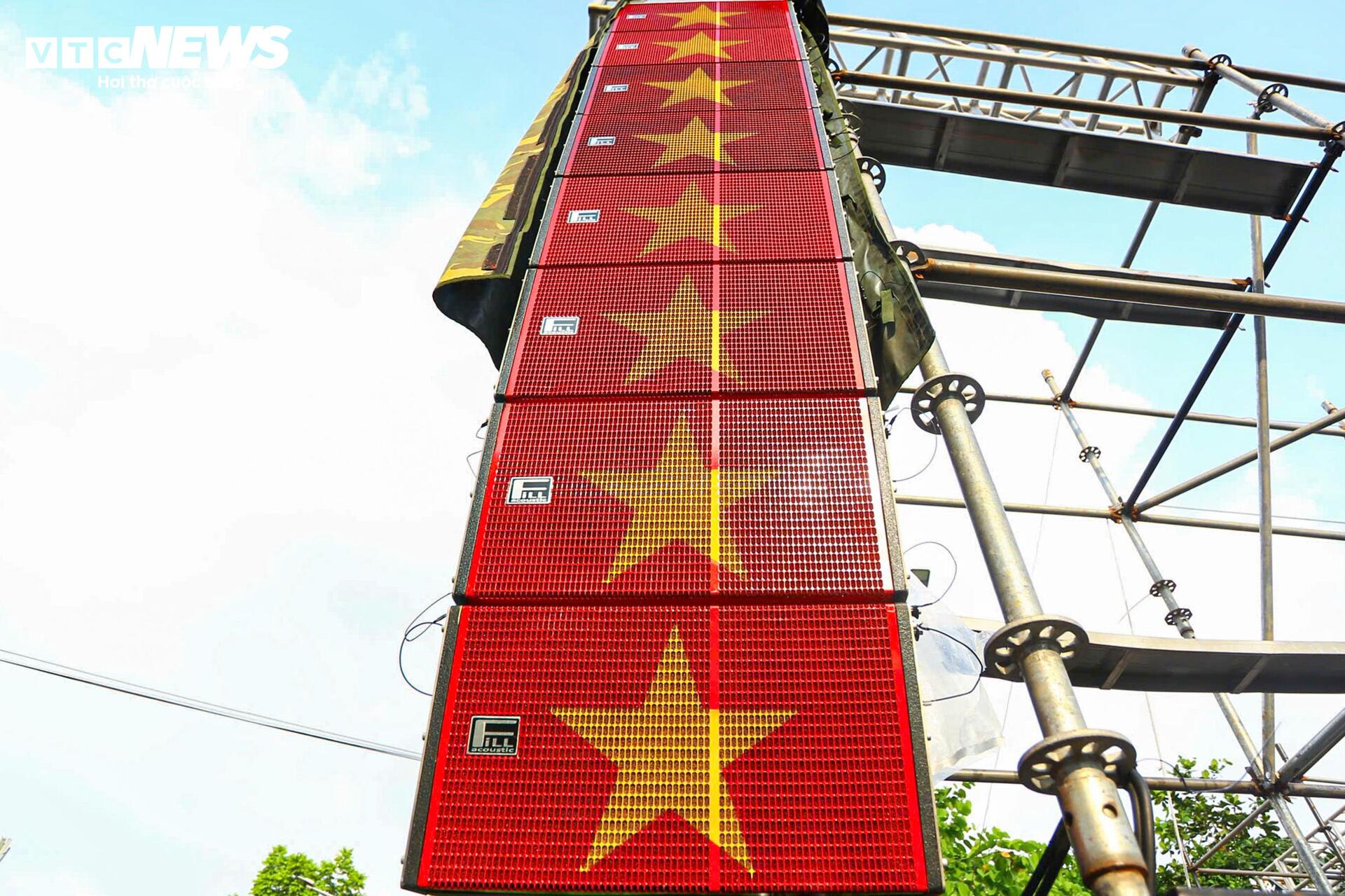

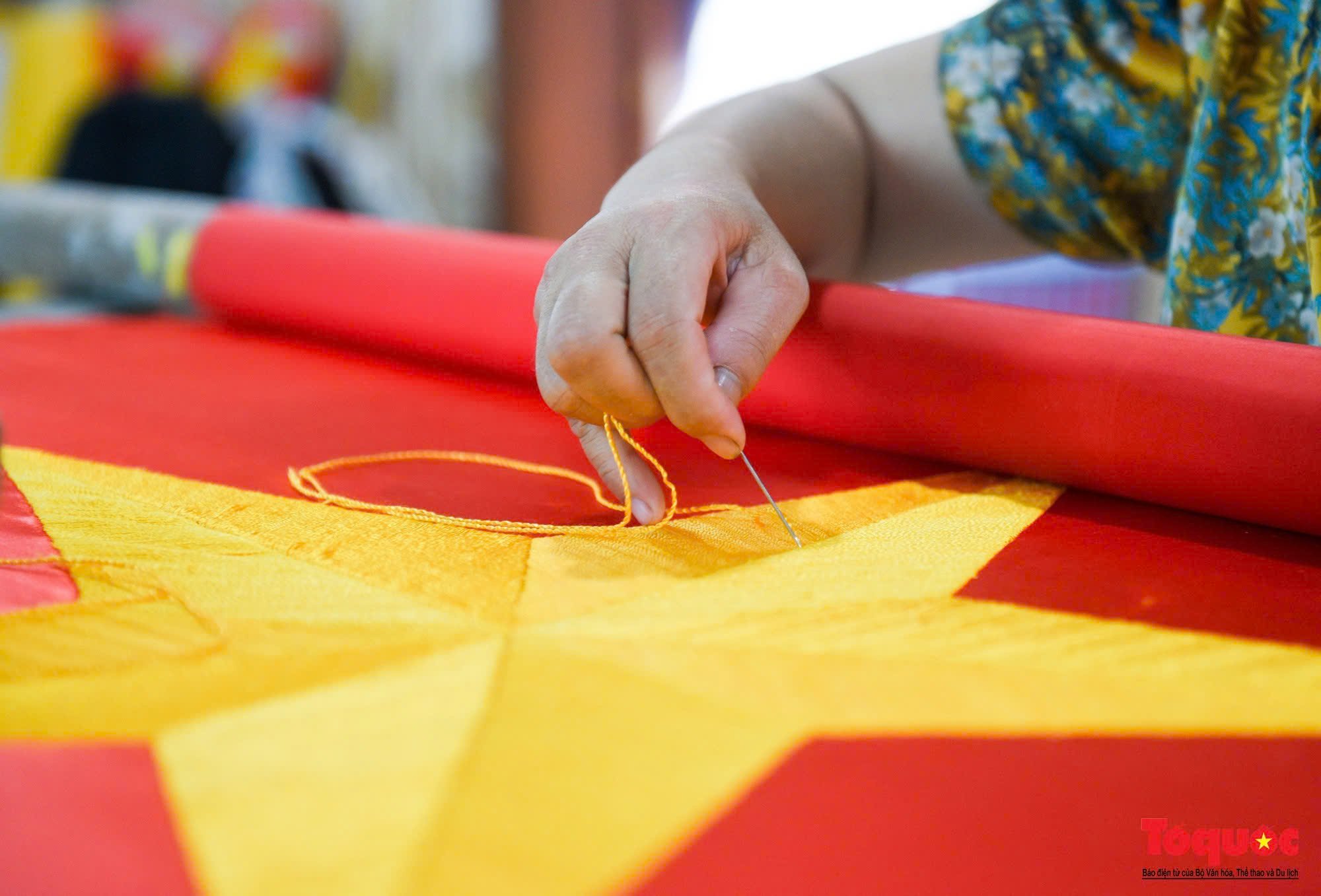
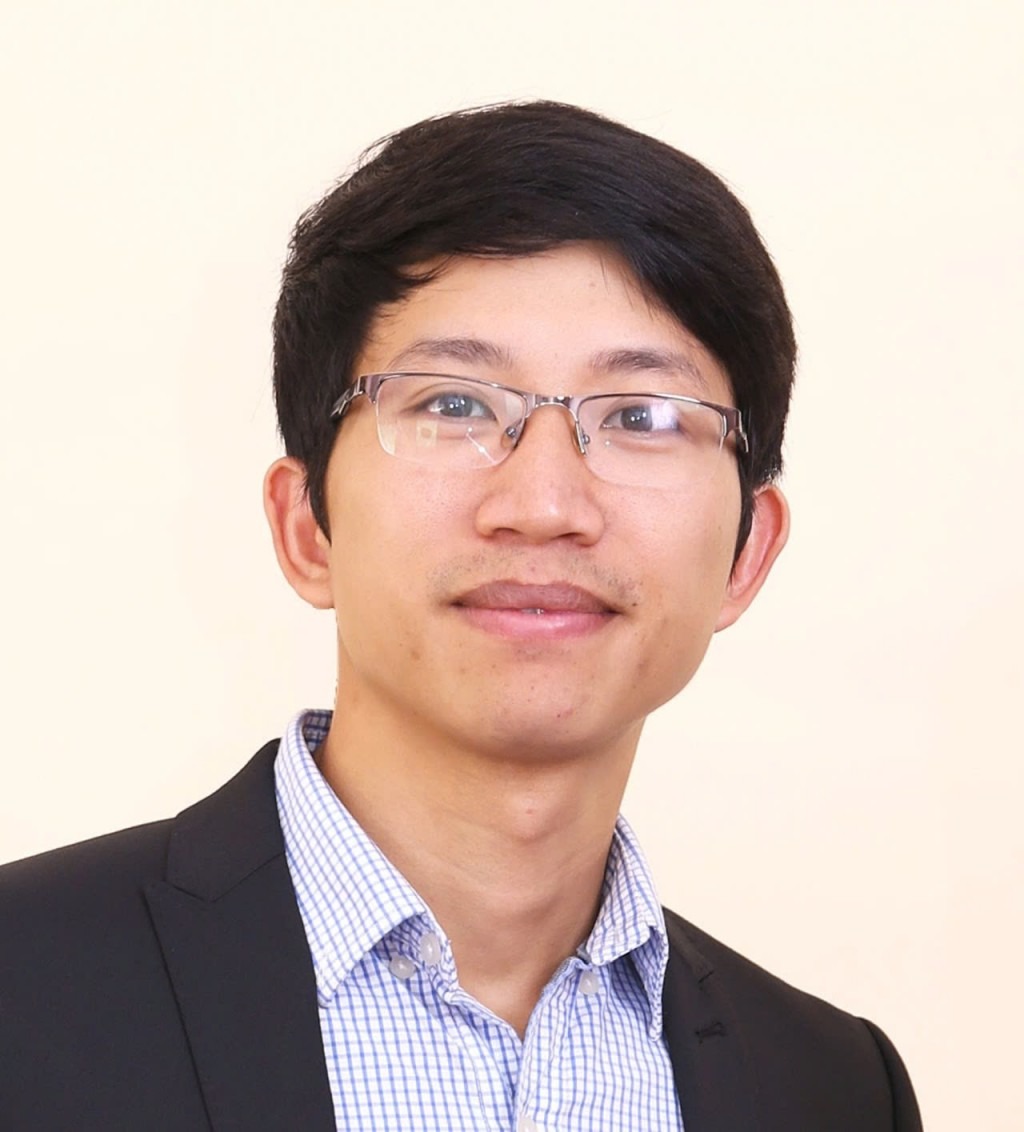

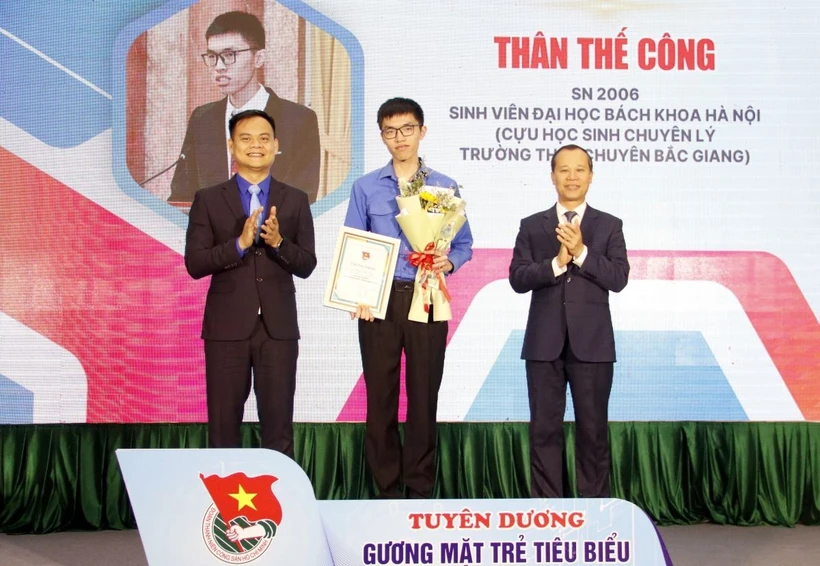

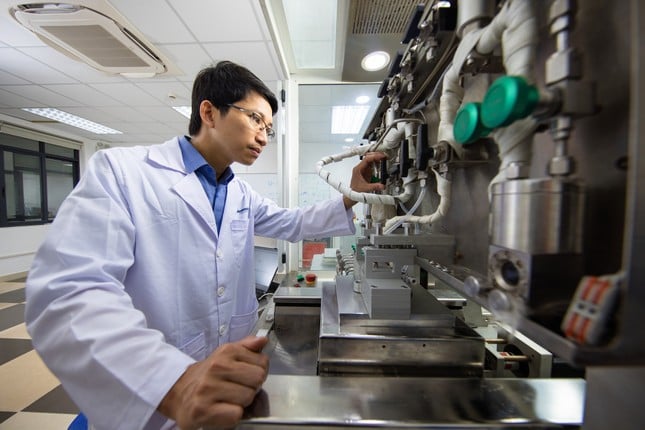


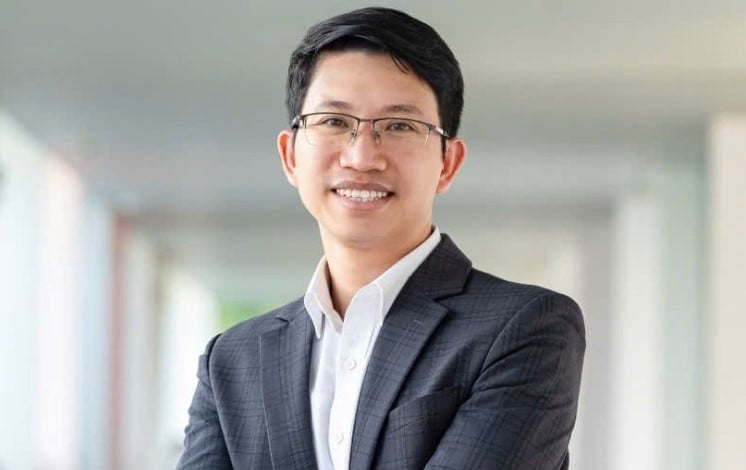

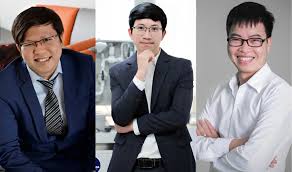
















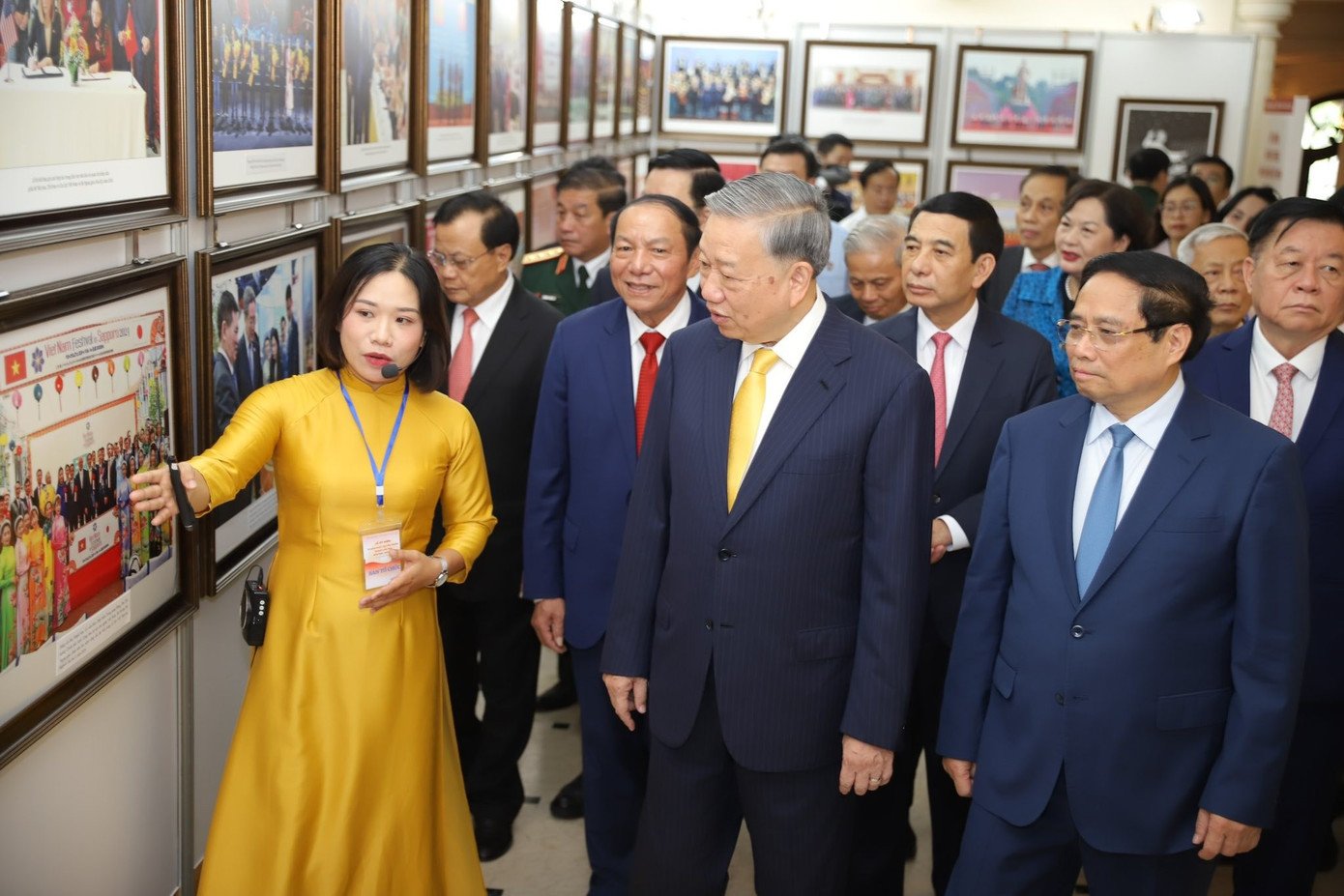
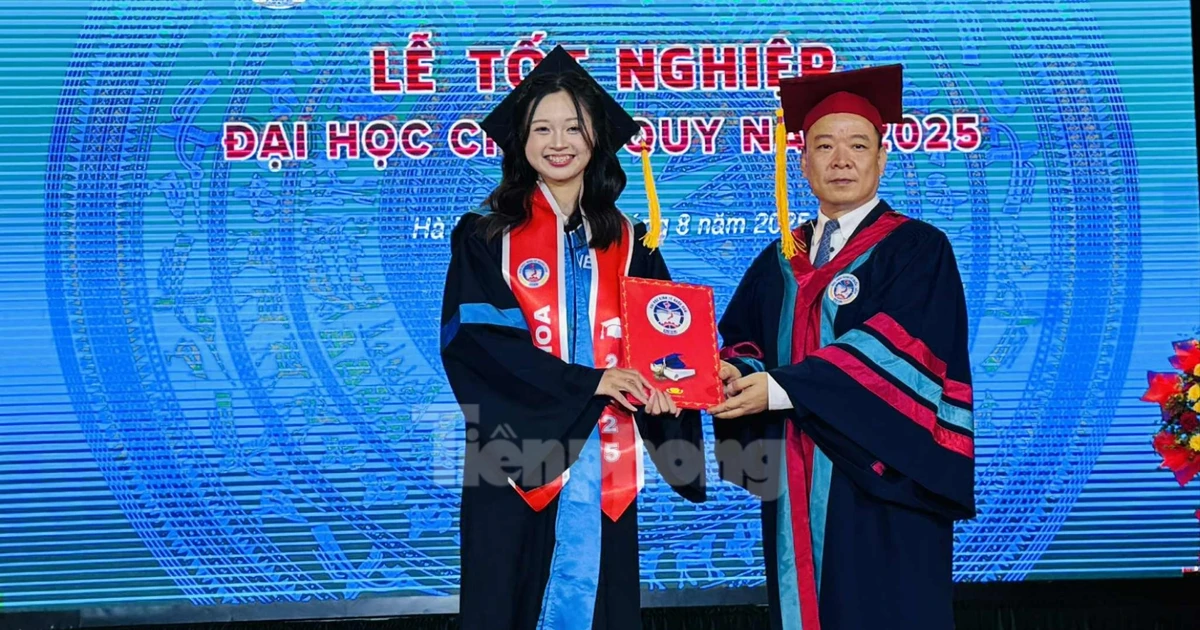

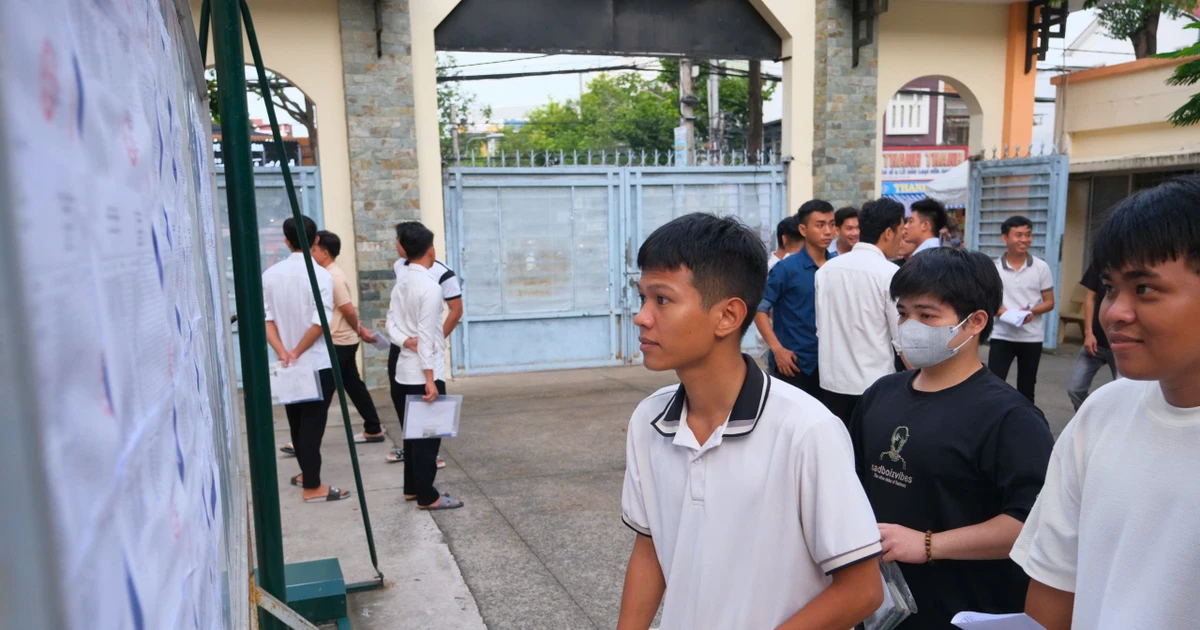
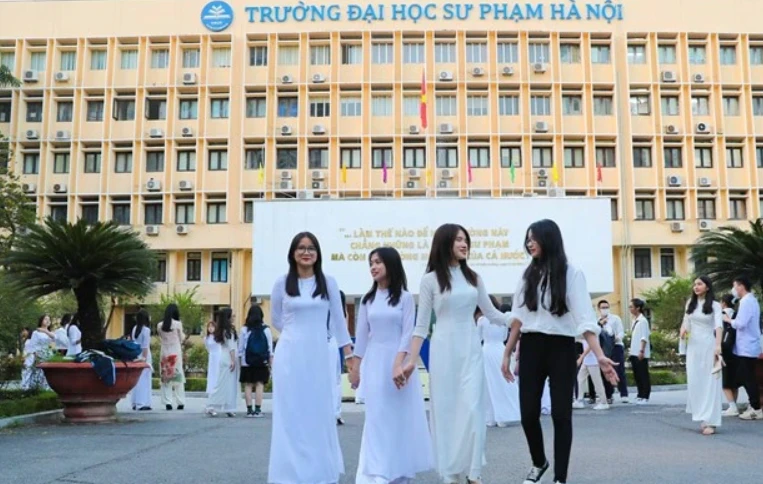
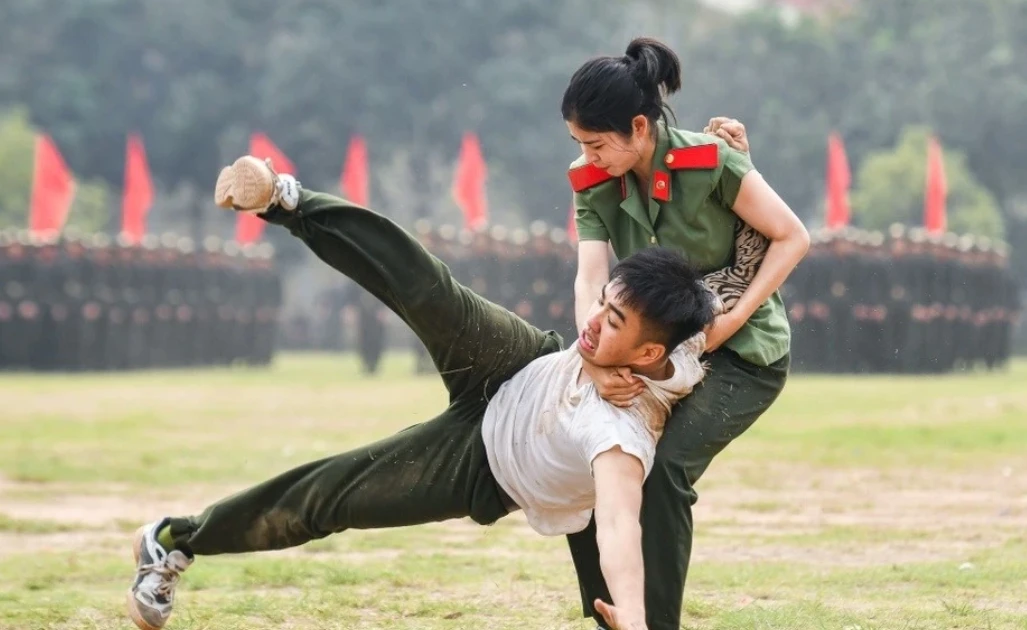

























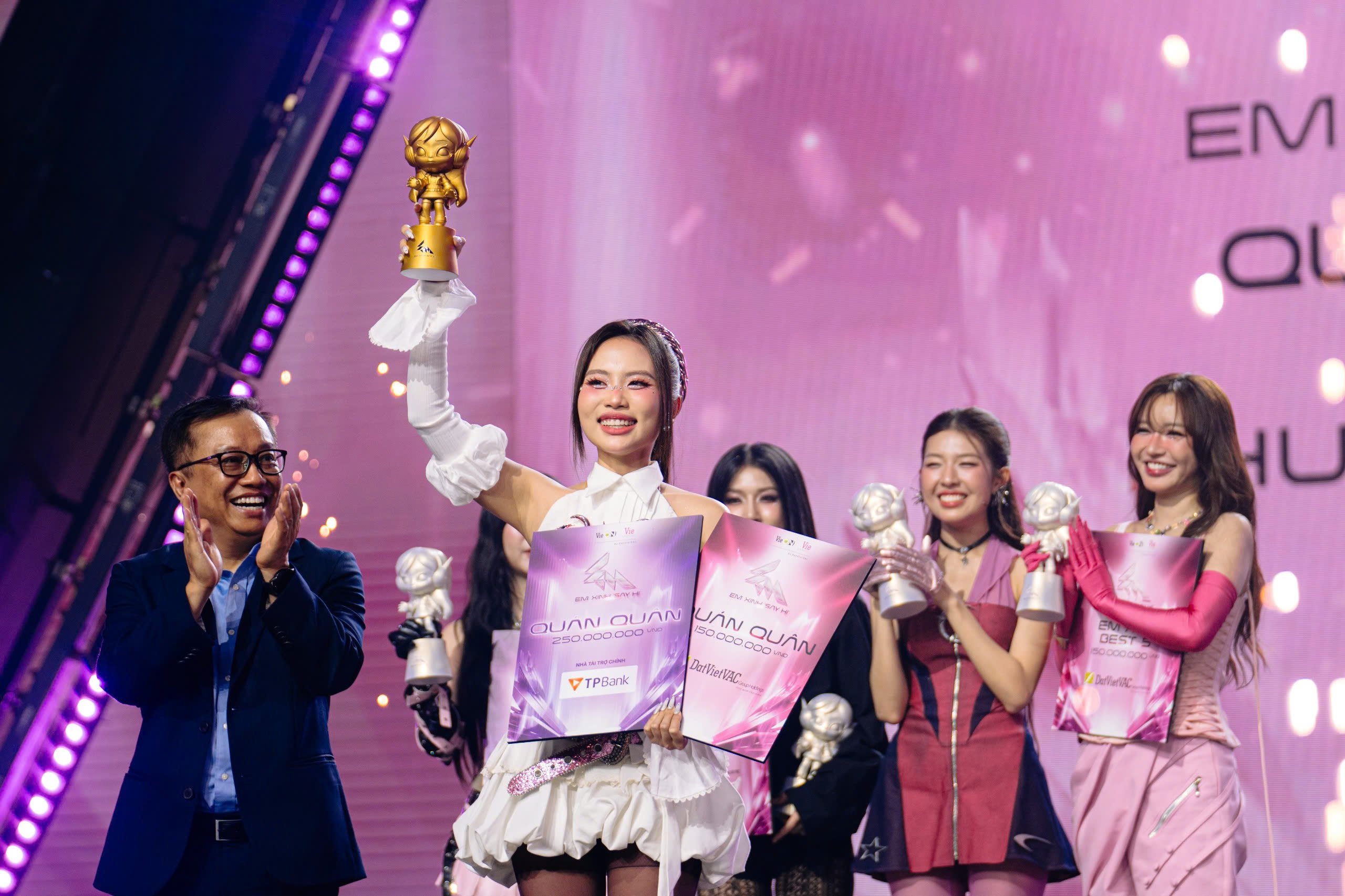
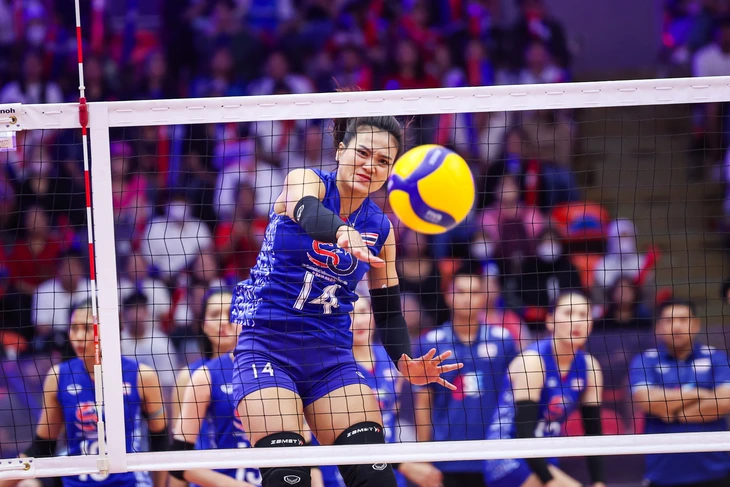
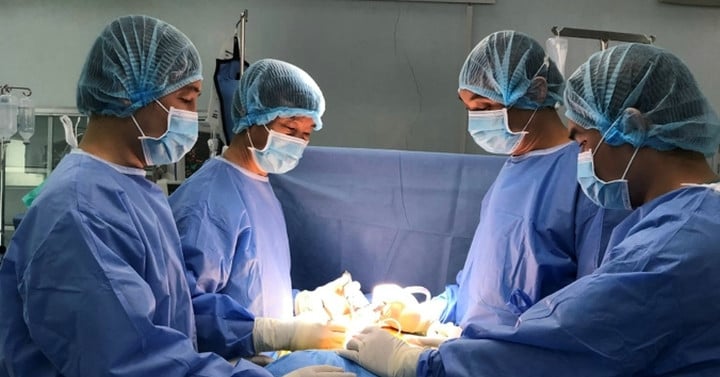





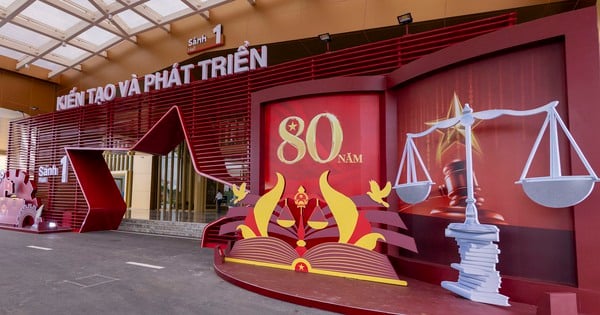





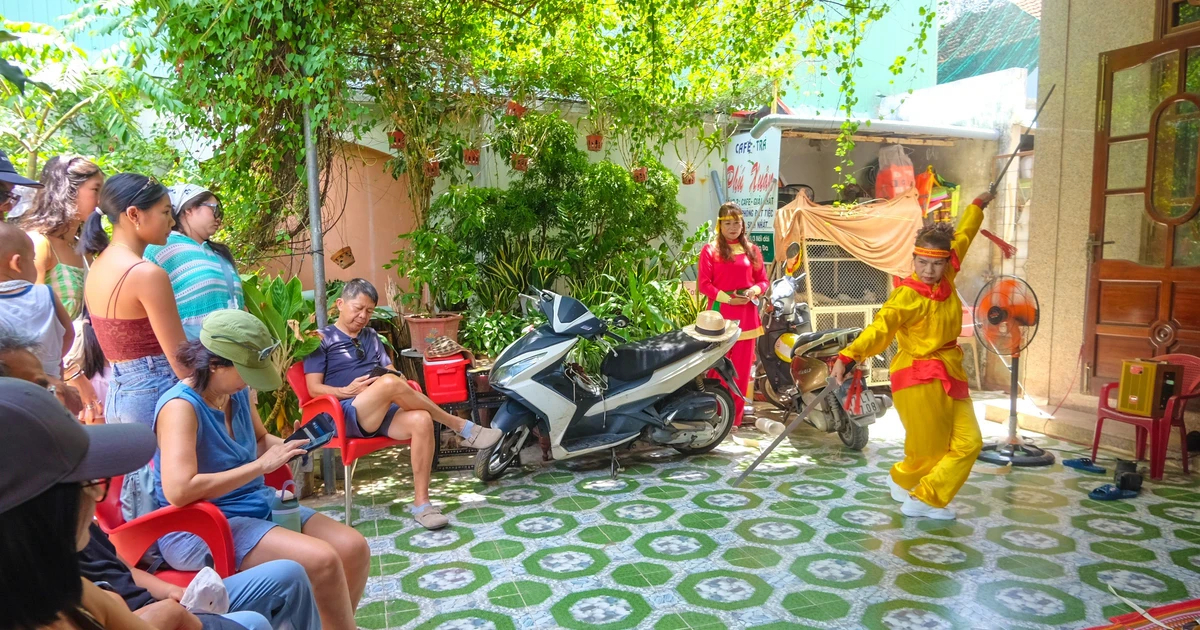

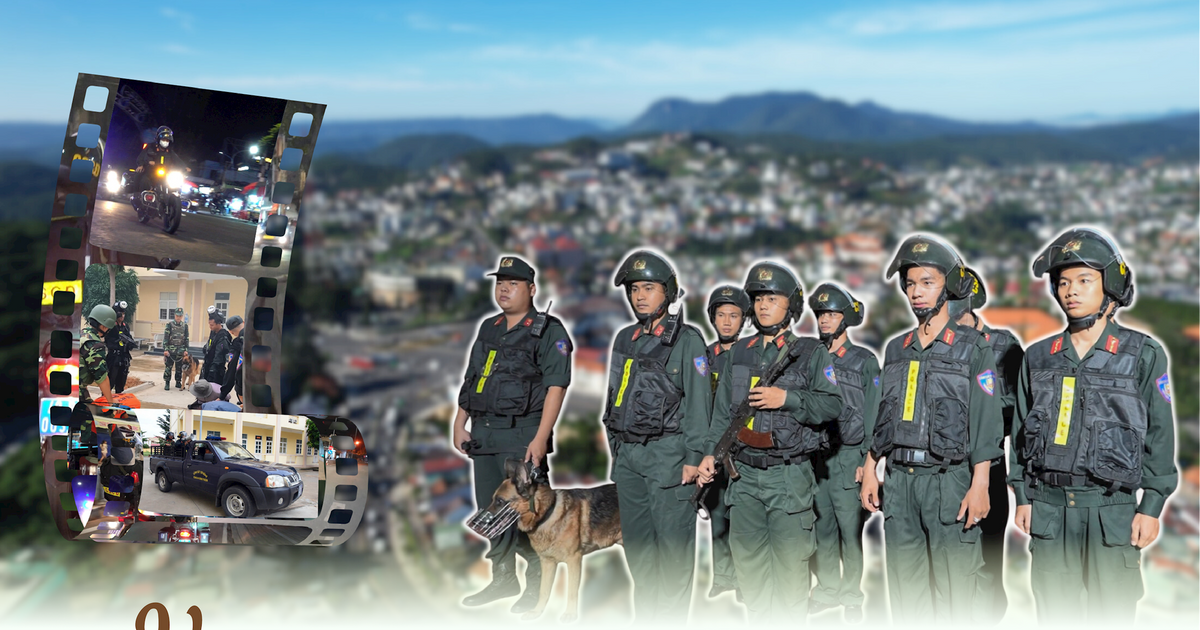

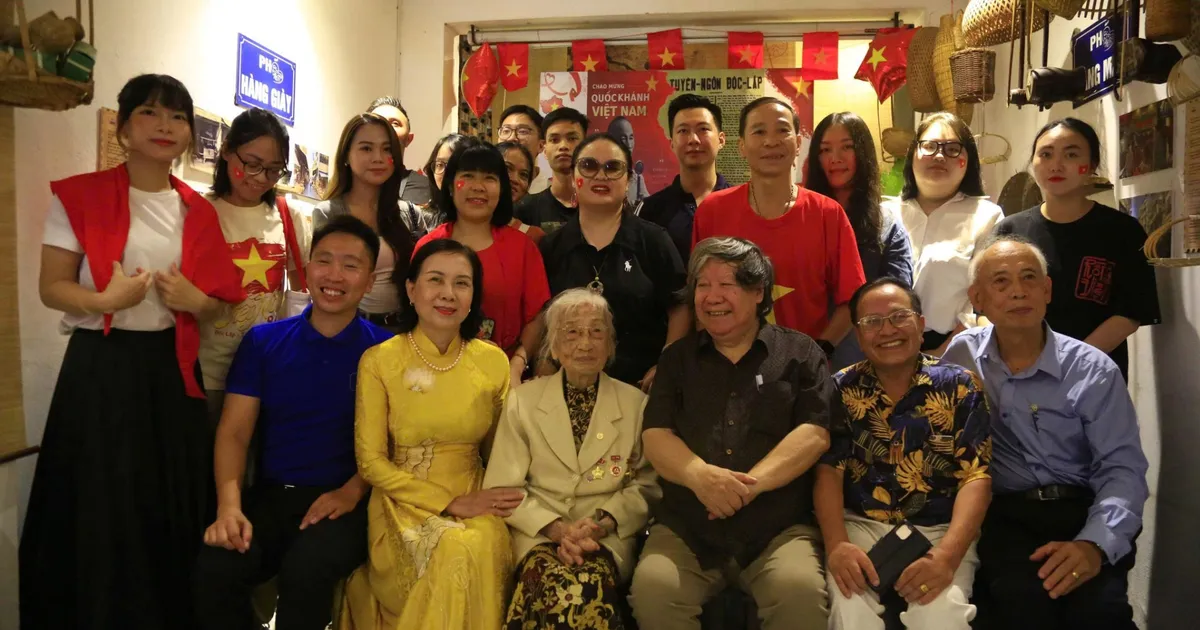

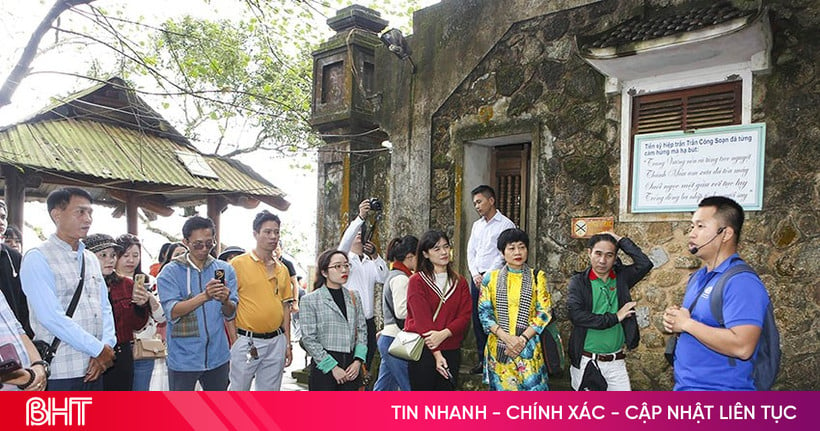
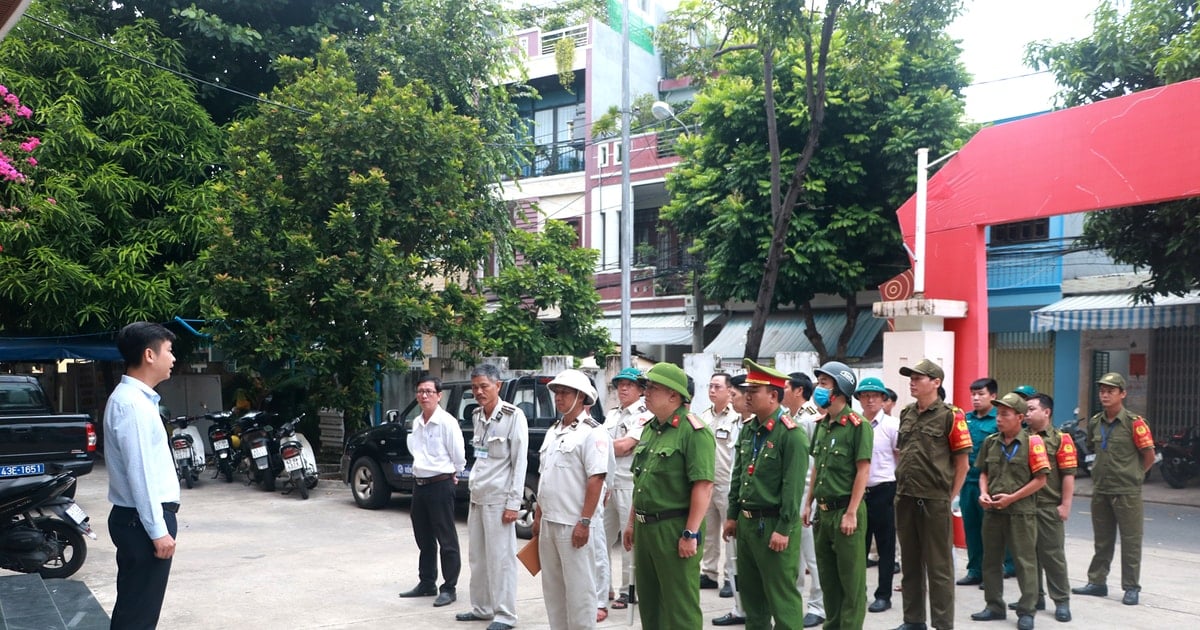
















Comment (0)